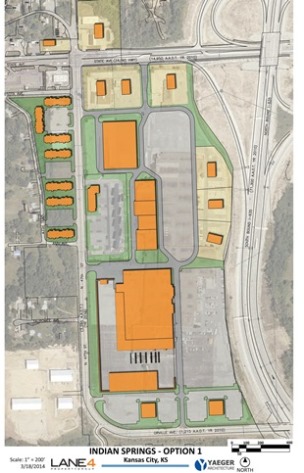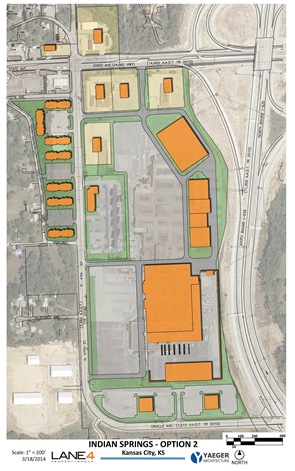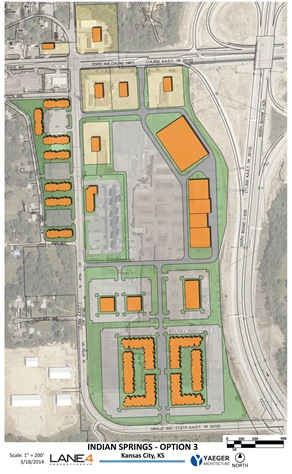Opinion column
Views West
by Murrel Bland
I learned a long time ago that the squeaky wheel gets the grease. That is particularly true when it comes to government agencies—or organizations that are quasi-governmental such as the U.S. Postal Service.
The most recent “squeaky wheel” was really long line at the Wyandotte West Postal Station. The “grease” was applied the first week in May after about two months of severe inconvenience.
Here was the root of the most recent problem. A motorist had a medical problem and crashed into the leased postal station in Edwardsville. The station closed down, forcing those relying on post office boxes to come to the Wyandotte West Station.
The West Station, which already was overloaded, was not equipped to handle an additional 500 customers. Randy McHenry, the manager of the Wyandotte West Station, said he suggested early on that the solution was to place cluster boxes in Edwardsville to serve the 500 customers living in an Edwardsville mobile home park.
I talked to Mayor John (Tiny) McTaggart, the mayor of Edwardsville, about the problem. He said the Postal Service had been looking for an excuse to shut down the Edwardsville station. Hours at the station were cut last fall; the building is more than 100 years old and once housed what was the Edwardsville State Bank.
Mayor McTaggart and his city manager Mike Webb lodged complaints with the Postal Service and the offices of U.S. Sen. Jerry Moran and U.S. Rep. Kevin Yoder. Although our federal elected officials were sympathetic, there isn’t much they can really do, as the Postal Service became an “independent” agency in 1971. However that “independent” status hasn’t stopped the Postal Service from coming to Congress asking to be financially bailed out. People that I know who follow postal matters say that it is unlikely that Congress will help the agency.
I can remember when the Kansas City, Kan., postmaster was truly a community leader. If you had a problem, you only had to make one telephone call—and in most all cases, the problem was solved. Postmasters such as Bob Roberts, Walt Raynes, Geroge Moody and, more recently Chuck Pennewell, were a very visible part of this community. Today, if you want results you must communicate with a postal bureaucrat over town. Very few people here know who the Kansas City, Kan., Postmaster is.
It took two months for the postal bureaucracy over town to make a decision that was quite obvious. All of this comes at a time when the Postal Service continues to lose record amounts of money. The price of a first class stamp went up earlier this year. Pay more and get less—that seems to be the motto of the Postal Service.
Murrel Bland is the former editor of The Wyandotte West and The Piper Press. He is the executive director of Business West.



